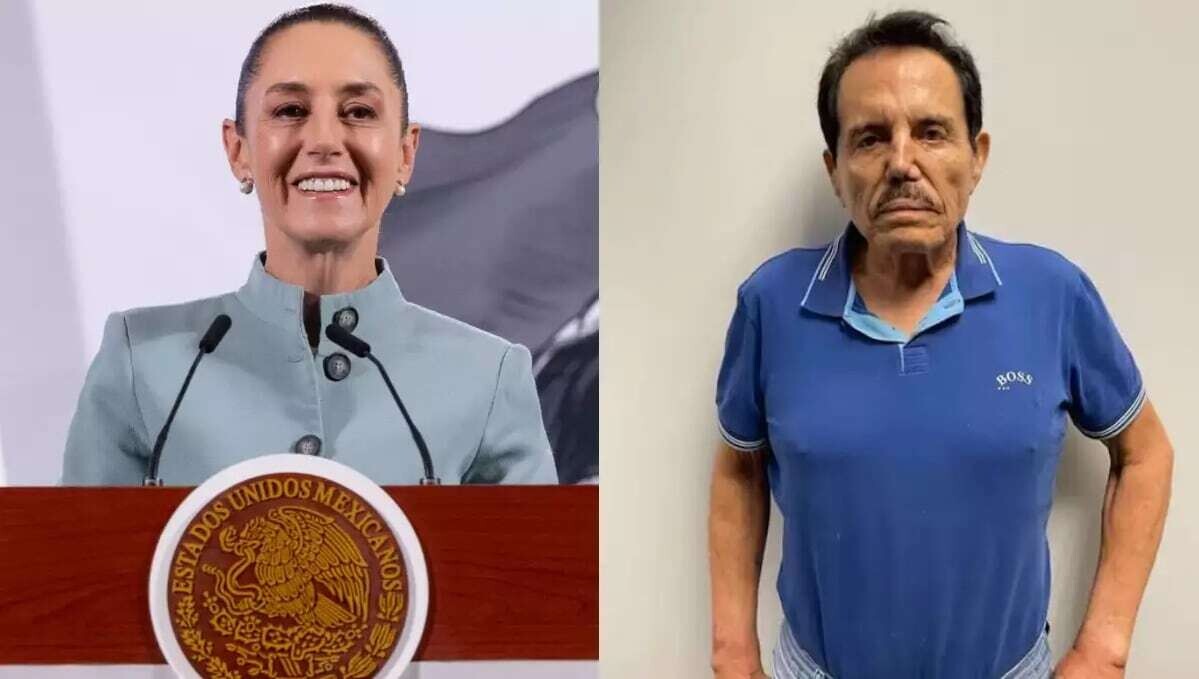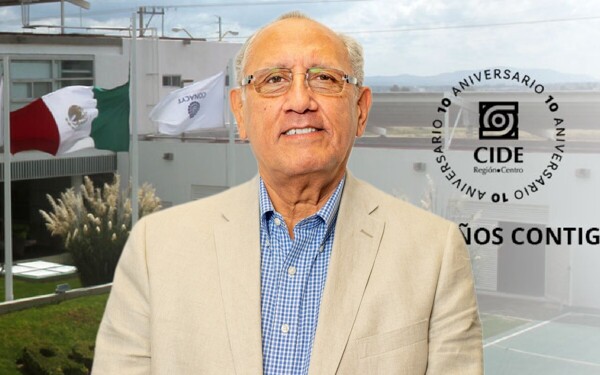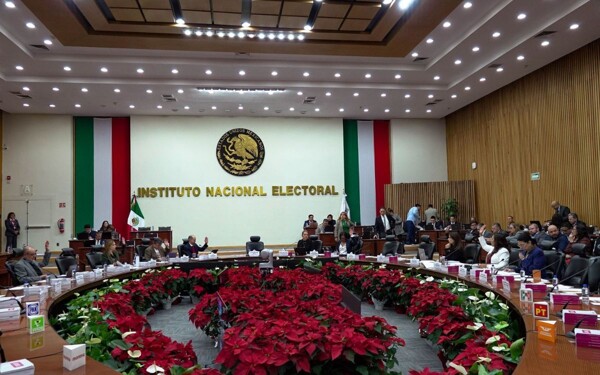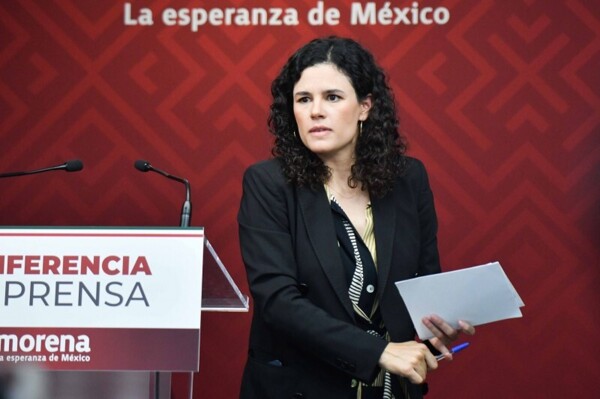
A federal government considered legitimate by 36 million voters expresses an alignment with organized crime. The figures of Sheinbaum, Monreal, and Gertz present themselves in defense of the Mexican government's closeness to the cartels, without fear of social repercussions. Mexican society, for the most part, seems indifferent or unable to react to this situation, which raises unsettling questions about the nature of the government in Mexico.
The promptness with which Sheinbaum's government responded to Ismael Zambada, El Mayo's request to avoid his extradition reveals a murky relationship. This scenario, where a populist government seems to be held hostage by drug trafficking, suggests a weak and replaceable political structure. The government's willingness to comply with demands from drug lords draws attention, even more so than the relationship itself.
Even more concerning is the possibility that a large part of Mexican society not only accepts this collusion between authority and organized crime but finds it desirable. The legitimacy of the federal government, supported by votes even greater than before, paints a bleak picture of where the country is headed. The idea that majorities do not err, even when they seem to, raises concerns about the direction Mexico is taking.
The widespread perception of society and the acceptability of these practices incite questioning the foundations of a democratically elected government that appears to be shamelessly influenced by organized crime. The apparent consent towards this collusion raises doubts about the future and values of Mexican society as a whole.














